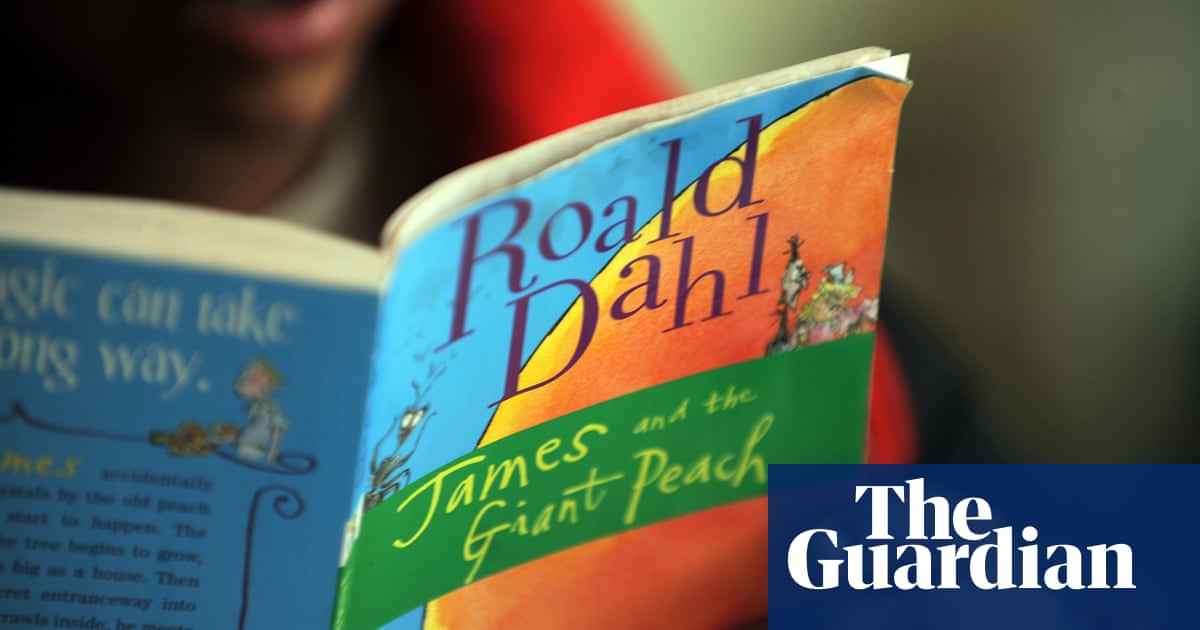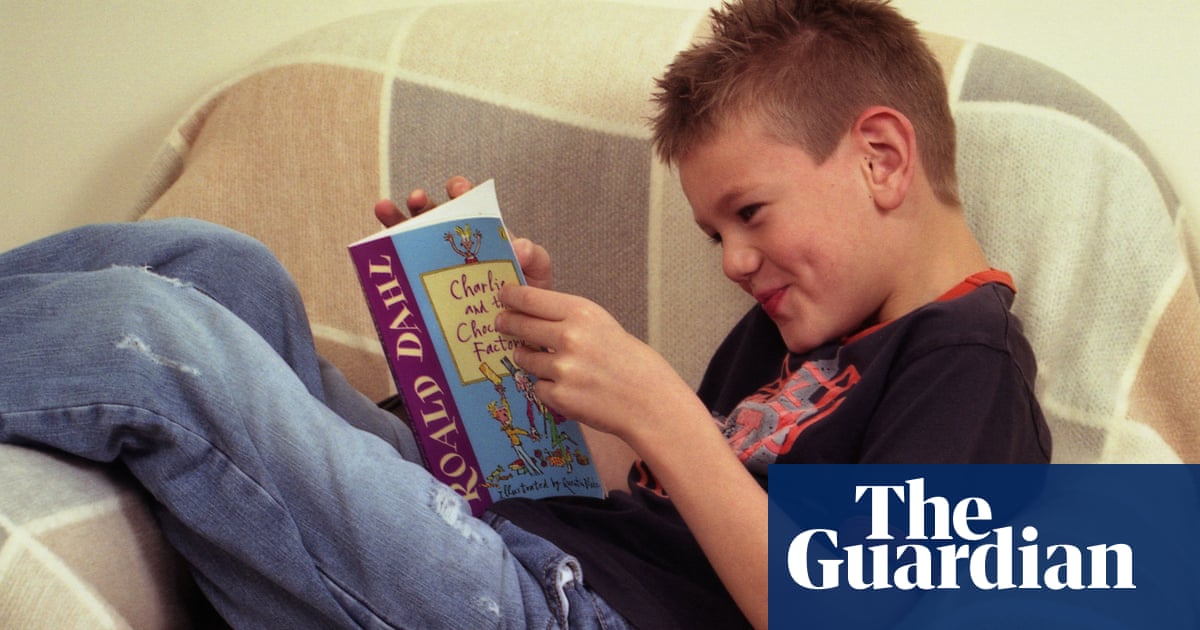
The French publishers of Roald Dahl have ruled out any changes to the late British author’s translated books after it emerged that English editions were being rewritten for modern audiences.
Gallimard said on Tuesday the original texts would “remain intact” after the UK publisher Puffin hired sensitivity readers to remove language deemed inappropriate.
“This rewriting only affects Great Britain. We have never modified Roald Dahl’s writings and we have no plans to do so today,” a spokesperson for the publisher’s children’s department said.
The changes to characters and language in the author’s popular children’s books provoked a wave of debate. The author Sir Salman Rushdie wrote on Twitter: “Roald Dahl was no angel but this is absurd censorship/ Puffin Books and the Dahl estate should be ashamed.”
Rishi Sunak also waded in. A Downing Street spokesperson said: “When it comes to our rich and varied literary heritage, the prime minister agrees with the BFG that we shouldn’t gobblefunk around with words.”
Puffin said its comprehensive overhaul of the books, which have sold more than 250m copies worldwide, aimed at bringing them into the modern world.
In the new English version of Charlie and the Chocolate Factory, the greedy Augustus Gloop is not described as “fat”, the Oompa-Loompas are gender neutral and Mathilda no longer goes in “olden day sailing ships” with Joseph Conrad or to India with Rudyard Kipling – but still takes a trip to Africa with Ernest Hemingway.
In French however, everything remains as it was when the books were translated in the 1960s. Gloop remains “a hippopotamus …enormous … like a fat pig”, the Oompa-Loompas are described as men who wear “deer skins”, women dressed in “leaves” and children wearing “nothing at all”, and Matilda still goes where she has always gone.
The Oompa-Loompas, who have undergone various incarnations since the first edition of Charlie and the Chocolate Factory in 1964, are described in French as “impossibly small … no bigger than a medium sized doll”. They come from Loompaland, “a jungle infested with the most ferocious beasts in the world”, live in tree houses and eat green caterpillars, red beetles, eucalyptus leaves and the “bark of the bong bong tree”. They have: “beautiful white teeth, pink skin, long brown hair,” French readers learn.
Gallimard first published “James et La Grosse Peche” (James and the Giant Peach) in 1966, and “Charlie et la Chocolaterie” in 1967.
“We have made no official statement, all we have said, in answer to a question, is that we have never rewritten Roald Dahl’s books. They were translated from English and have not changed from that translation since,” a Gallimard spokesperson told the Guardian.
Dahl is less famous in France, but his children’s books, available through Gallimard’s Folio collection, have a loyal following.
Unlike the copyright rules in the UK and US, authors in France retain “droit d’auteur” author’s rights; these include “moral rights” that cannot be sold or renounced and are passed on to the author’s heirs. Moral rights include the right of authorship and respect for the integrity of the work. This includes “respecting the author’s name and not infringing on the work they have made”. While the author is alive, no changes can be made to their work without their consent; after their death the heirs can make changes.
Antoine Chéron, a lawyer with ACBM, a Paris firm specialising in author’s rights, said it was not illegal in France to change a dead author’s works “but it is dangerous for culture”.
“How far back should we go? Baudelaire? Voltaire? The Bible? If books are changed in this way they are not the original works. It’s not far off censorship,” Chéron said.
“This is our artistic history. I would be in favour of completely getting rid of the work rather than changing it if we feel it offends current thinking, but again, where do you stop? Who decides what is now offensive or goes against current thinking? This seems to be an attack on artistic creation and freedom of expression.”












